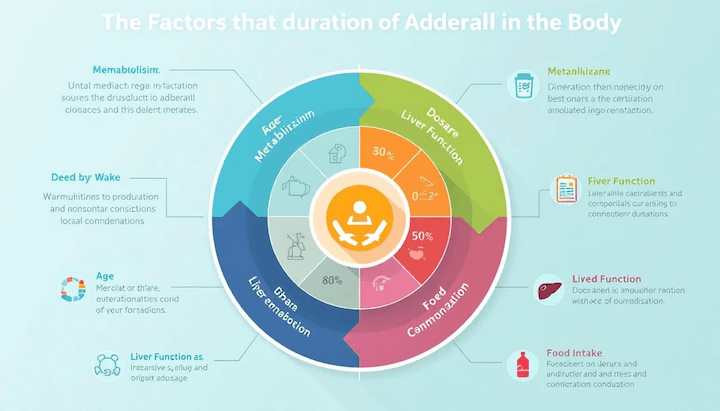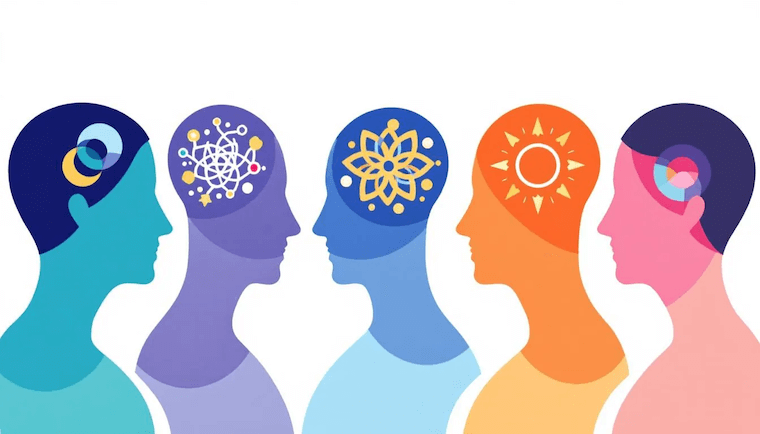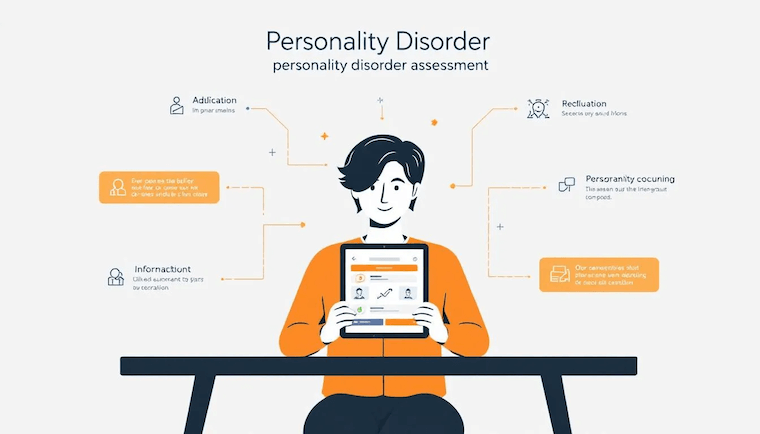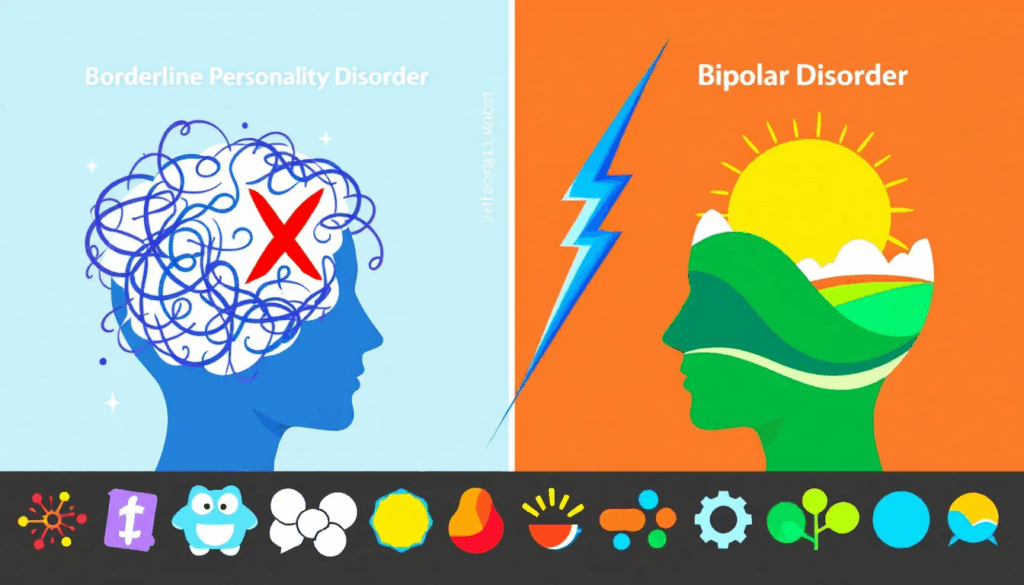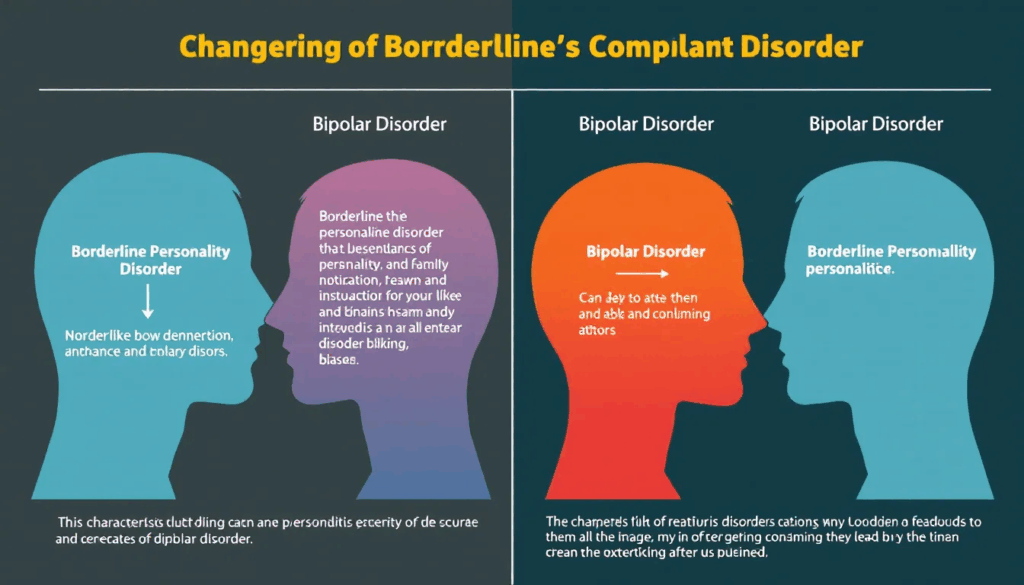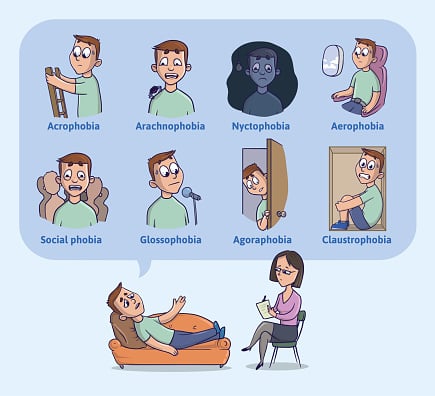Childhood trauma casts a long shadow into adulthood, significantly increasing the likelihood of developing addiction. Experiences like abuse, neglect, or witnessing violence during formative years can deeply impact how individuals navigate emotional challenges, often leading to a reliance on substances as a means of self-medication or escape.
When children experience a traumatic event or childhood abuse, it can disrupt their emotional development and how they cope with stress. As adults, these individuals may turn to substances to numb emotional pain or cope with ongoing distress. Trauma can alter how the brain handles stress, making it harder to resist the pull of addiction as a way to manage overwhelming feelings.
Childhood trauma is a profound experience that can have long-lasting effects on an individual’s mental, emotional, and physical well-being. As these traumatized children grow into adults, the unresolved trauma can manifest in various ways, often significantly impacting their quality of life. Explore the implications of childhood trauma in adulthood and its intricate connection with addiction issues.
Understanding Childhood Trauma
Childhood trauma refers to adverse experiences or witnessing traumatic events that occur during a child’s formative years. These experiences can be acute, such as a single event like an accident or natural disaster, or chronic, involving repeated exposure to situations like abuse, neglect, or household dysfunction.
Experiencing childhood abuse is significantly linked to an increased risk of addiction in adulthood. Survivors often turn to substances as a coping mechanism to numb emotional pain, manage distressing memories, or escape ongoing psychological struggles stemming from their abusive past.
The disrupted development caused by unresolved childhood trauma can alter brain chemistry and heighten vulnerability to substance use disorders. Other ways childhood trauma occurs include:
- Physical Abuse: Characterized by intentional acts of violence or harm inflicted by a caregiver or authority figure. It involves acts such as hitting, punching, kicking, shaking, or using objects to cause bodily harm. Children subjected to this type of abuse often bear physical symptoms like bruises, cuts, burns, or fractures, but it can also result in less apparent harm, like internal injuries or delayed developmental milestones.
- Emotional Abuse: Involves behaviors aimed at undermining a child’s self-worth and emotional well-being. It can include constant criticism, humiliation, threats, or rejection by caregivers or authority figures. Unlike physical abuse, emotional abuse doesn’t leave visible marks but can deeply impact a child’s mental health and development. Victims often experience low self-esteem, anxiety, depression, and difficulties forming healthy relationships.
- Sexual Abuse: A devastating form of childhood abuse where an adult or older child engages in sexual activities with a minor. Sexual abuse violates a child’s trust, boundaries, and right to safety, causing significant emotional and psychological trauma. Victims often experience guilt, shame, and confusion and may struggle with intimacy and relationships as they grow older.
- Neglect: Characterized by a caregiver’s failure to meet a child’s basic needs for food, shelter, supervision, medical care, or emotional support. It can be chronic or severe, impacting a child’s physical, emotional, and cognitive development. Neglected children may suffer from malnutrition, inadequate hygiene, untreated medical conditions, or lack of supervision, placing them at risk for accidents or exploitation.
- Household Dysfunction: Refers to adverse conditions within the family environment that can significantly impact a child’s well-being and development. It encompasses various factors such as domestic abuse between caregivers, substance abuse, mental illness, or incarceration of a family member. These conditions create instability, fear, and stress for children, undermining their sense of safety and emotional security at home.
The Long-Term Effects of Child Abuse
The impact of childhood trauma extends far beyond the immediate physical or emotional pain. It can lead to a multitude of long-term issues, including:
- Mental Health Conditions: Adults with a history of childhood trauma are at a higher risk of developing mental health conditions such as depression, anxiety, post-traumatic stress disorder (PTSD), and borderline personality disorder.
- Emotional Dysregulation: Difficulty managing and expressing emotions, leading to impulsivity, mood swings, and interpersonal problems.
- Physical Health Issues: Increased risk of chronic illnesses like heart disease, diabetes, and gastrointestinal problems due to the prolonged stress response.
- Cognitive Impairments: Problems with attention, memory, and executive functioning, affecting academic and occupational performance.
- Social and Relational Difficulties: Challenges in forming and maintaining healthy relationships due to trust issues, attachment problems, and social withdrawal.

Post Traumatic Stress Disorder
Post-traumatic stress disorder is a mental health condition that can develop in people who have experienced trauma or witnessed a traumatic event. Childhood trauma can lead to PTSD through the intense and enduring psychological impact it has on a child’s developing mind.
Symptoms of PTSD can include intrusive memories or flashbacks of the traumatic event, avoidance of reminders of the event, negative changes in mood or thinking, and heightened reactivity (such as being easily startled or feeling tense).
Here are some other ways childhood abuse may lead to developing PTSD:
Traumatic Experience: Childhood abuse involves experiences that threaten a child’s physical or emotional well-being, such as physical violence, sexual exploitation, emotional manipulation, or neglect. These experiences overwhelm the child’s ability to cope effectively.
Fear and Helplessness: During abuse, children often feel intense fear, helplessness, and horror. These emotions are key factors in the development of PTSD.
Disrupted Sense of Safety: Abuse undermines a child’s sense of safety and security, which are crucial for healthy psychological development. Children may feel constantly on edge or hypervigilant, expecting danger even in safe situations.
Repeated Exposure: Many forms of childhood abuse are chronic or recurring, exposing children to ongoing traumatic events over extended periods. This chronic stress and exposure increases the likelihood of developing PTSD symptoms.
Impact on Brain Development: Childhood trauma can alter brain development, particularly in areas related to stress response and emotional regulation. These neurological changes can make individuals more susceptible to developing PTSD following trauma.
Lack of Support: If children do not receive appropriate support, validation, or protection from caregivers or adults in their lives, they may struggle to process their experiences and emotions, increasing the risk of PTSD.
It is estimated that a significant proportion of children who experience childhood trauma develop symptoms consistent with post-traumatic stress disorder (PTSD).
Studies have shown that approximately one-third to one-half of children who are victims of abuse, whether physical, emotional, or sexual, exhibit PTSD symptoms.
The likelihood of developing PTSD can vary based on factors such as the severity and duration of the abuse, the child’s age at the time of the abuse, the relationship with the perpetrator, and the availability of support systems.
The traumatic events of child abuse can imprint deeply on a person’s psyche, causing symptoms such as intrusive memories, hypervigilance, and emotional numbing.
To cope with the overwhelming distress and psychological pain caused by untreated trauma, individuals may turn to substances like drugs or alcohol as a way to self-medicate and temporarily escape their feelings.
This learned coping mechanism can quickly spiral into addiction, as the substance provides relief and a false sense of control over trauma-related symptoms.
Childhood Abuse and Addiction
One of the most significant and concerning outcomes of childhood trauma is its strong association with addiction. The self-medication hypothesis suggests that individuals may turn to substances or addictive behaviors to cope with the overwhelming emotions and memories associated with their early childhood trauma.

Mechanisms Linking Trauma and Addiction
- Altered Brain Chemistry: Trauma can alter the brain’s reward and stress response systems, making individuals more susceptible to the pleasurable effects of substances.
- Emotional Numbing: Substances can temporarily numb the emotional pain and provide a sense of relief, creating a powerful reinforcement cycle.
- Escape and Avoidance: Addictive behaviors serve as a means to escape from distressing thoughts and memories related to the trauma.
- Social and Environmental Factors: Traumatized individuals might grow up in environments where substance use is normalized, increasing the likelihood of developing similar habits.
Common Addictions Linked to Childhood Trauma
Childhood trauma can significantly increase the risk of developing various types of addiction later in life. Common addictions associated with childhood abuse include:
Substance Use: People might turn to alcohol or drugs to cope with emotional pain from the abuse.
Behavioral Addictions: Some may develop habits like gambling, overeating, or excessive internet use to deal with stress.
Self-Harm and Risky Behaviors: Others might engage in self-harm or risky activities to manage intense feelings. These behaviors can create a sense of control over one’s body or surroundings and serve as a way to reclaim a sense of agency.
Eating Disorders: Eating problems like binge eating can be a way to cope with emotions linked to childhood trauma. They can serve as a distraction from painful emotions, numb difficult feelings, or act as a form of self-punishment or self-blame.
Relationship Addictions: Difficulty forming healthy relationships might lead to dependence on relationships or compulsive sexual behavior.
These behaviors often develop as ways to handle the tough emotions and challenges that come from having experienced childhood trauma. Treatment should focus on both the addiction and the underlying trauma to help people heal and recover.

Addressing Childhood Trauma and Addiction in Adults
Childhood trauma can increase the risk of addiction later in life as individuals may use substances or unhealthy behaviors to cope. Integrated treatment approaches can help in healing childhood trauma by addressing both trauma and addiction, promoting recovery and sustained well-being.
Effective intervention with the help of mental health professionals requires a holistic approach that addresses both the trauma and the addiction.
Key components of treatment include:
Trauma-Informed Care
Ensuring that all aspects of treatment are sensitive to the impact of childhood trauma and designed to avoid re-traumatization.
Therapy
Cognitive-behavioral therapy (CBT), cognitive processing therapy, eye movement desensitization and reprocessing (EMDR), prolonged exposure therapy, and other trauma-specific therapies can help process traumatic memories and develop healthier coping mechanisms.
Support Groups
Participation in support groups like Alcoholics Anonymous (AA) or Narcotics Anonymous (NA) provides a sense of community and shared experience.
Medication
In some cases, medication may be prescribed to manage symptoms of mental health disorders or withdrawal symptoms.
Lifestyle Changes
Incorporating healthy habits like regular exercise, balanced nutrition, mindfulness practices, and stable social connections.

Cedar Hill Behavioral Health Can Help
Childhood trauma leaves lasting marks that shape how adults cope with life’s challenges. It affects their mental and emotional well-being, often leading to behaviors like substance use as a way to manage pain or numb difficult feelings.
By understanding this connection, we can develop treatments that not only address addiction but also heal the underlying trauma. Taking a holistic approach that considers both emotional healing and practical support can empower individuals to break free from the cycle of trauma and addiction, fostering a path toward lasting recovery and improved quality of life.
At our Massachusetts rehab, we address both the emotional scars of childhood trauma and the complexities of addiction, providing individuals with the tools and support needed to overcome their challenges.
Our goal is to empower individuals to heal, reclaim their well-being, and thrive in their journey toward a brighter future through compassion, understanding, and comprehensive care. Contact us today for more information.




